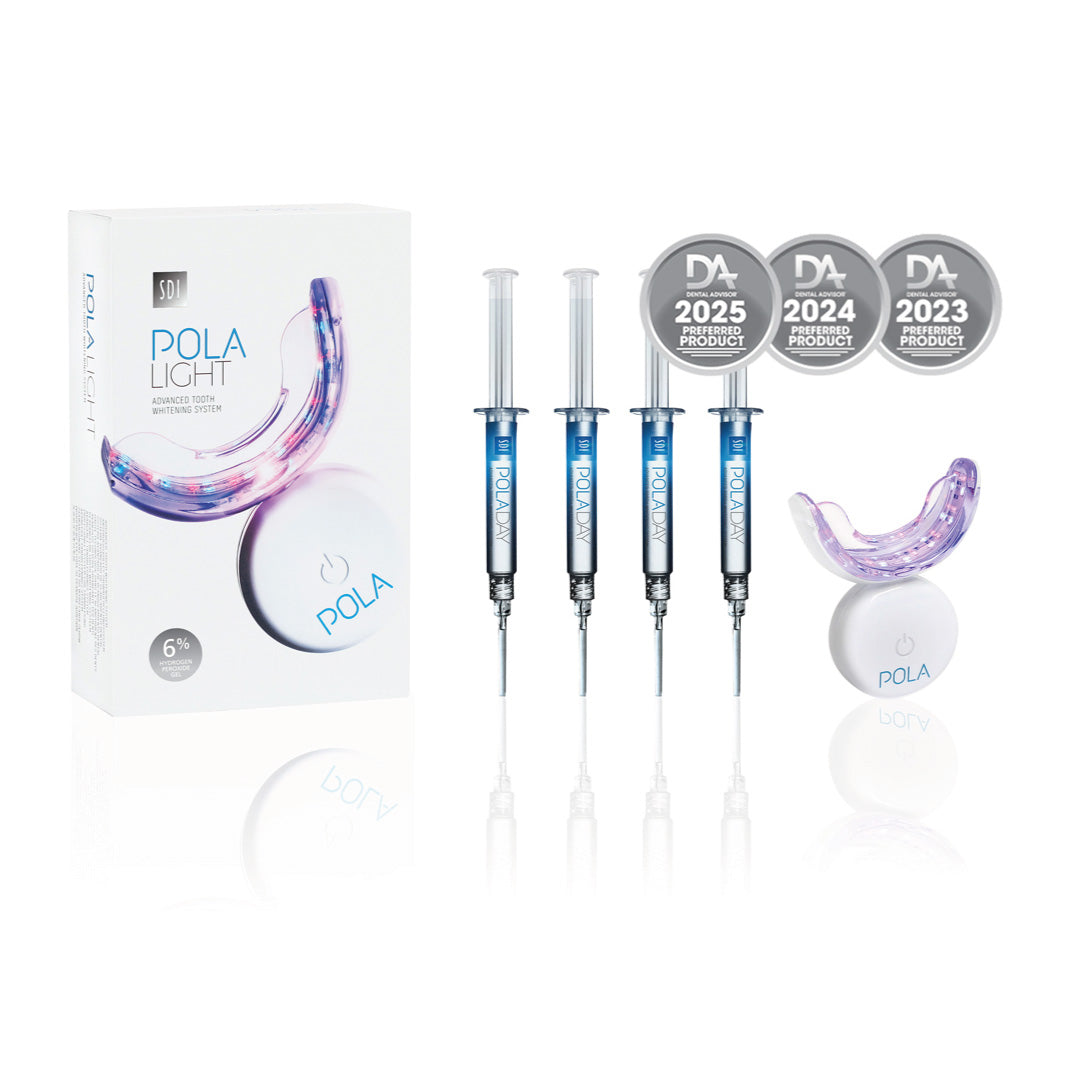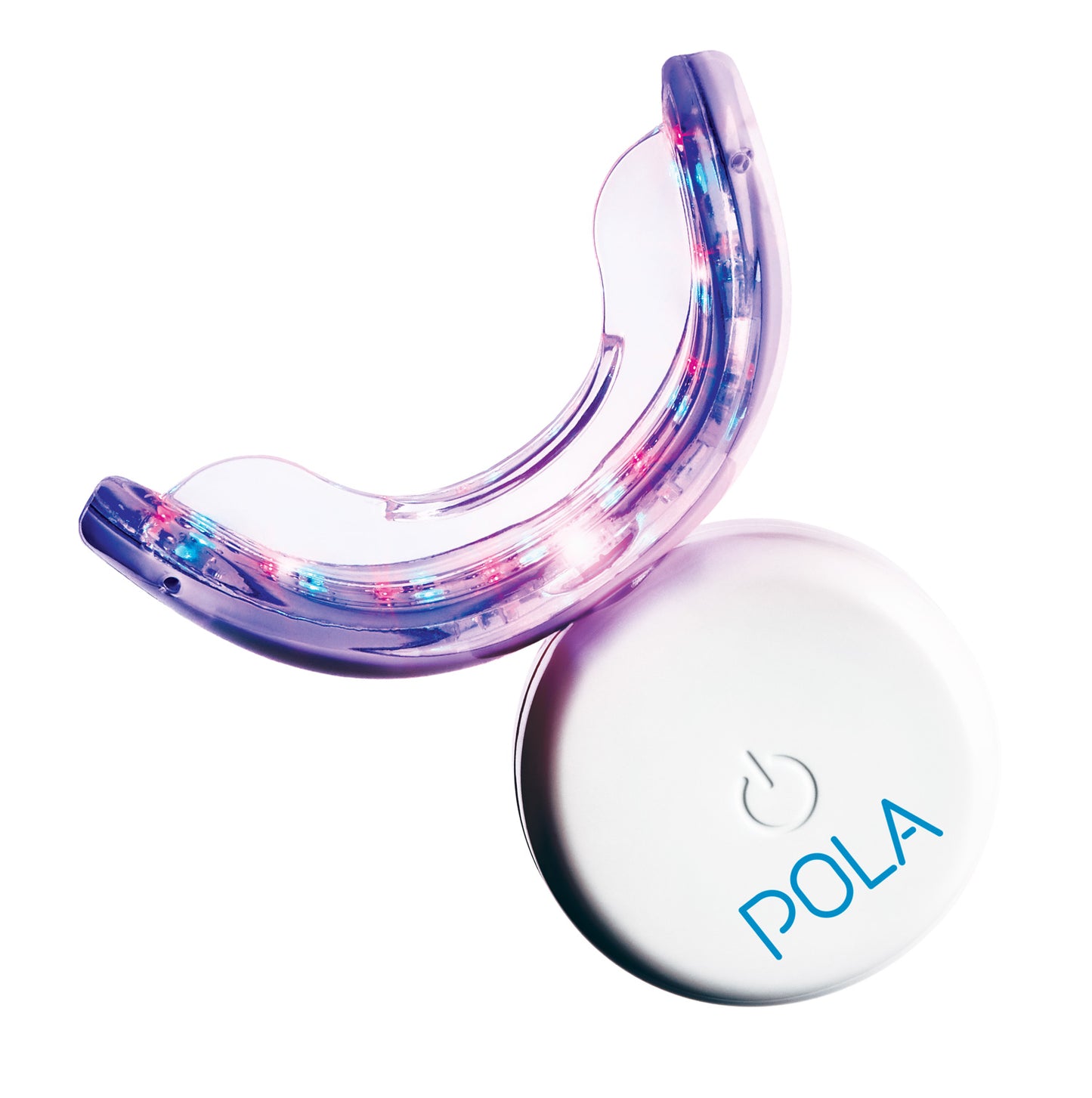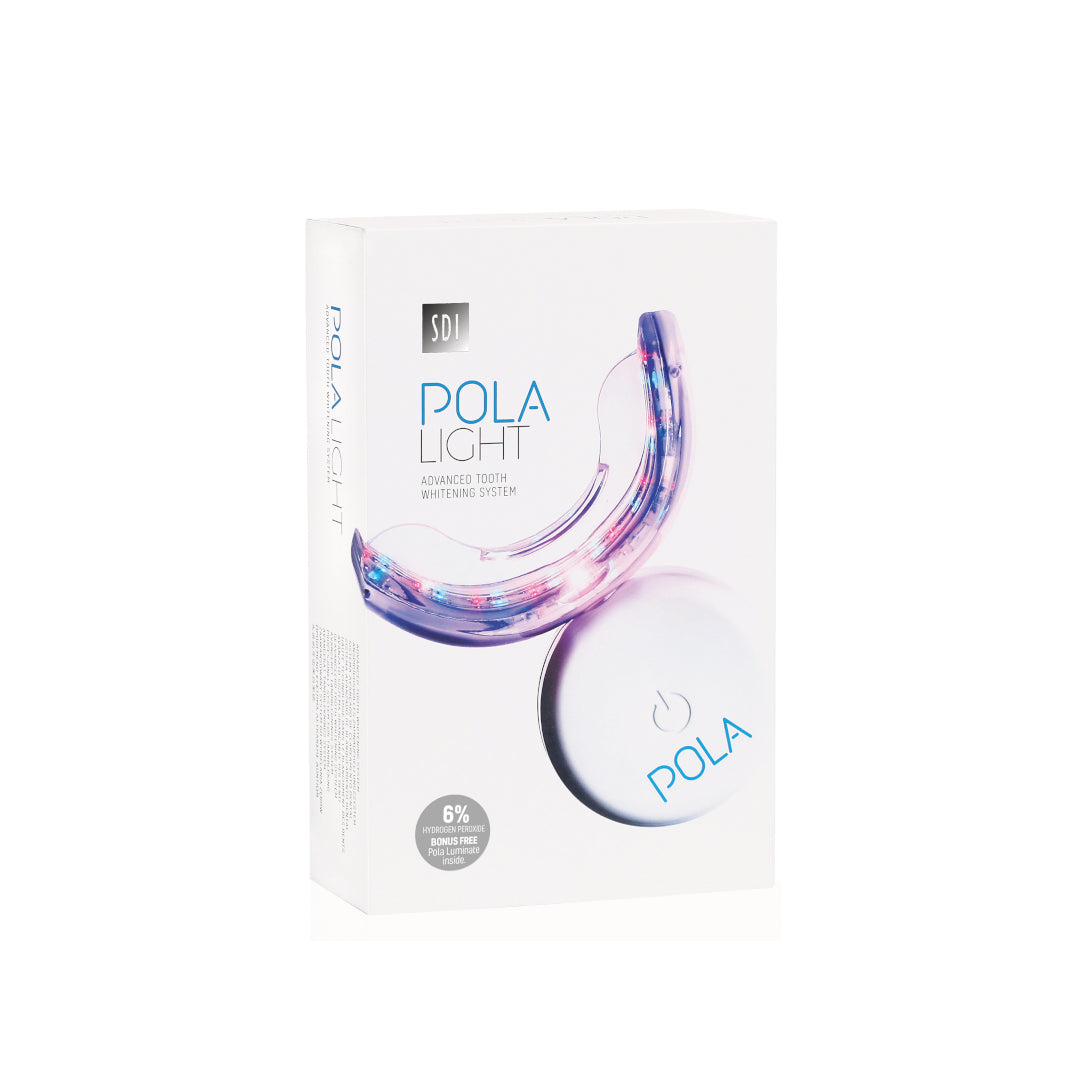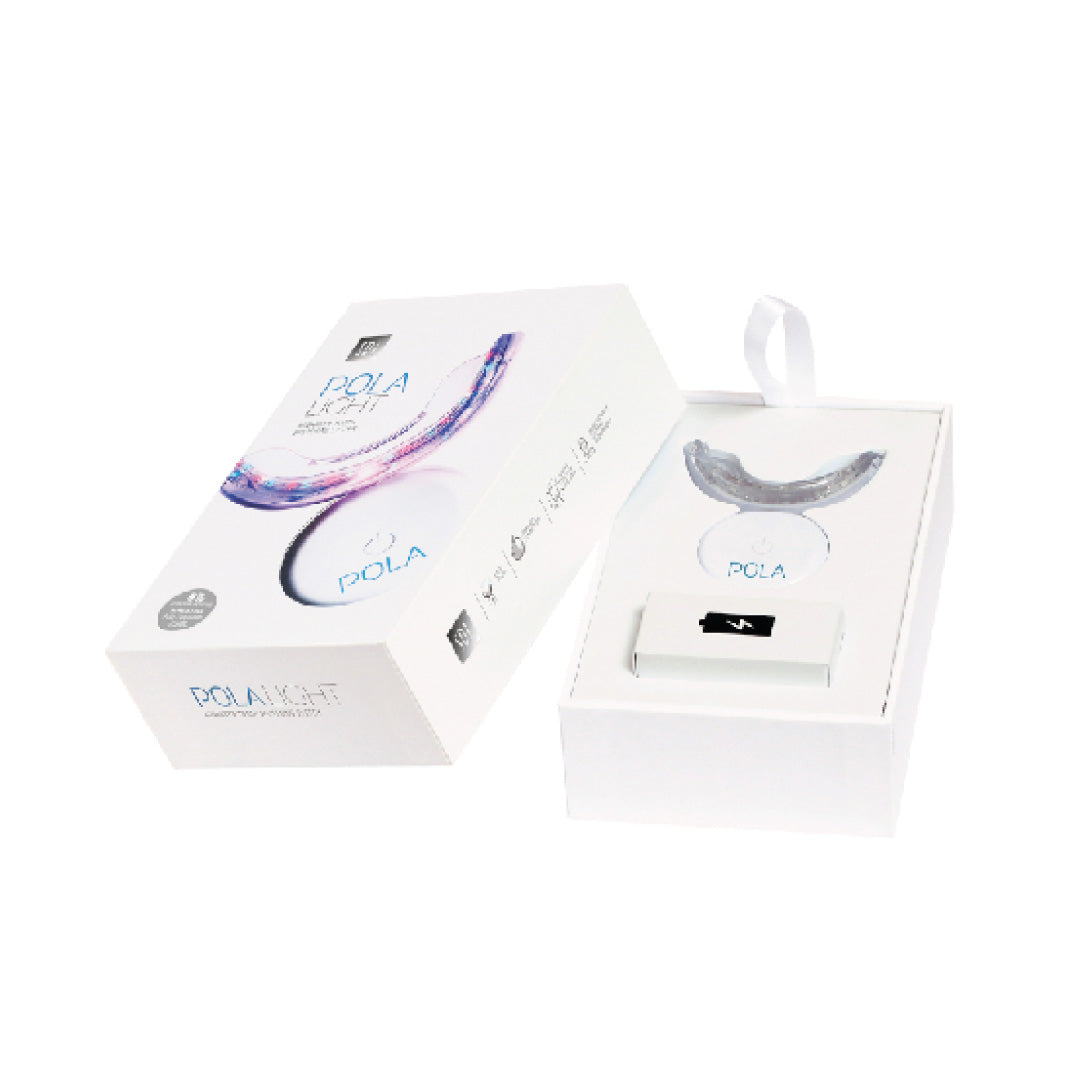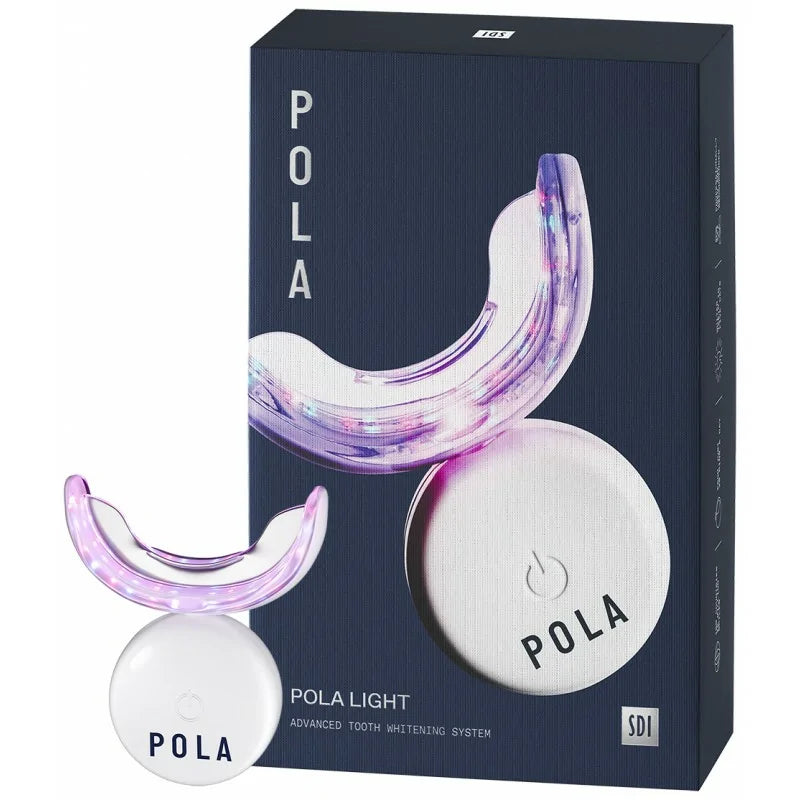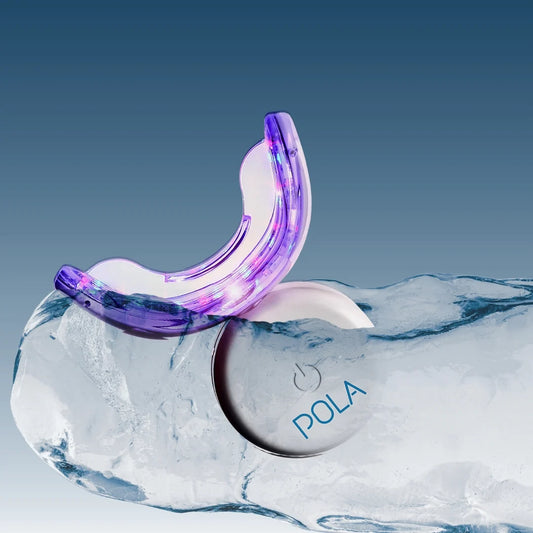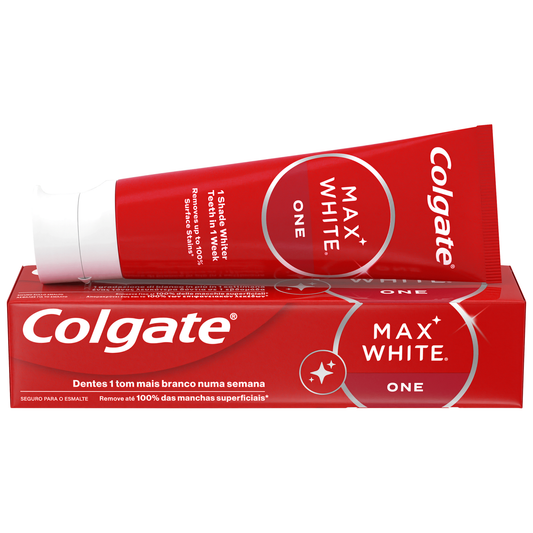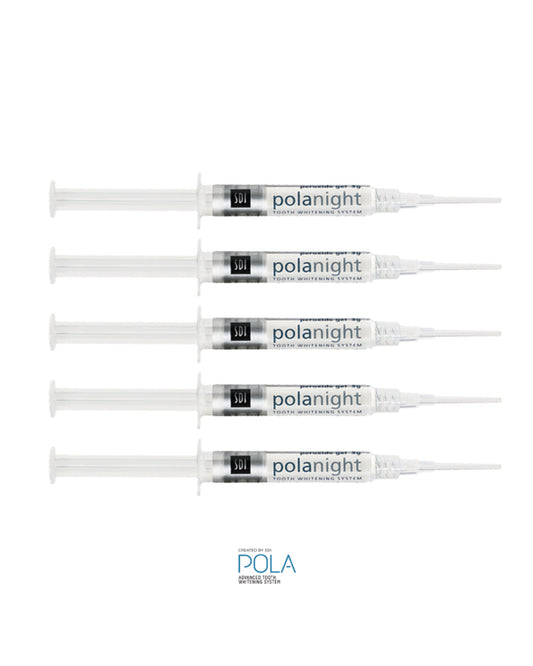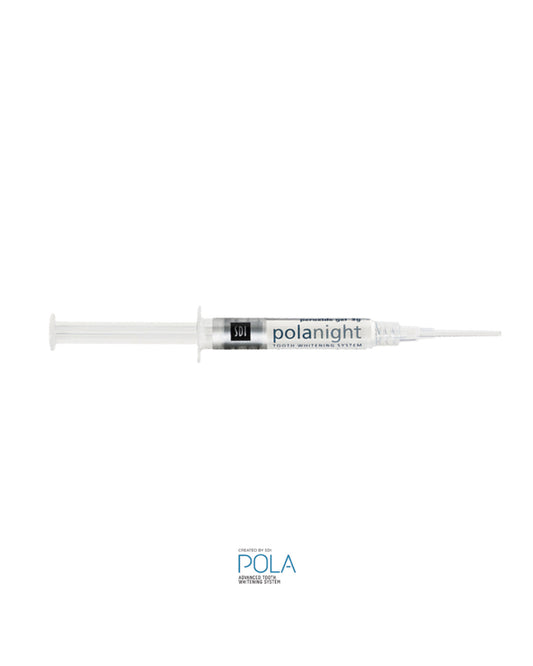Teeth whitening, price and care: complete guide

Smiling is a universal gesture of friendliness and confidence. However, for many, the color of their teeth is still a source of insecurity, influencing the perception of the aesthetics of their smile. The demand for teeth whitening treatments has skyrocketed in Portugal, driven by the desire for a whiter, more youthful smile. Before making any decision, it is essential to know what options are available, what to expect from the results and, of course, how much the entire process might cost.
Teeth whitening is not a one-size-fits-all solution, nor does it work instant miracles. While advertisements may seem to promise radiant smiles in record time and at low cost, the clinical reality is quite different. Understanding the differences between the various methods, the factors that influence the price, and the care required to maintain the result will make all the difference in your final satisfaction.
Types of teeth whitening
Teeth whitening techniques can be grouped into three main categories: professional whitening performed by a dentist, kits provided by a dentist for home use, and products sold in pharmacies or supermarkets for unsupervised application.
Professional in-office whitening
Here, the entire procedure is supervised by a dentist. Whitening agents (usually hydrogen peroxide or carbamide-based) are used in high concentrations. Sometimes LED or laser light is used to enhance the action of the gel. The results tend to be faster and more uniform, suitable for those seeking proven efficacy under clinical supervision.
Supervised home whitening
The dentist performs a preliminary assessment and molds customized mouthguards, prescribed along with the whitening gel. The treatment is done at home for one or two weeks, usually for 30-60 minutes a day. The results are gradual, but practically equivalent to the in-office method. The main advantage: convenience and lower cost than in-office whitening.
Over-the-counter kits and products
Whitening toothpastes, strips, gels and pens promise whiter teeth without the need to go to the dentist. However, they have a lower concentration of chemical agents and are limited in their action, so the results tend to be limited and short-lived.
This table compares the main features of the most common methods:
| Method | Supervision | Typical duration of treatment | Results | Price indicator (€) |
|---|---|---|---|---|
| Professional in office | Total | 1-2 sessions (about 1h) | Immediate | 300-600 |
| Supervised home care | Partial | 1-3 weeks | Progressives | 180-400 |
| Kits/OTC Products | None | Variable (days/weeks) | Limited | 20-100 |
Factors that influence the price of teeth whitening
The price of teeth whitening can vary greatly. The investment reflects the technology used, the reputation of the clinic, the experience of the professional and even the geographic location.
Among the factors that weigh most on the cost are:
- Initial assessment: some clinics include this fee, others charge separately.
- Type of bleaching agent and materials used.
- Need for prior preparation, such as professional cleaning or gum treatments.
- Number of sessions planned and possible need for touch-ups.
- Personalization of drips, in supervised home treatment.
- Post-treatment follow-up.
In an urban context, the value tends to be higher, reflecting higher operating costs.
On the other hand, some promotions may seem tempting – group whitening packages, social media or online vouchers. In these cases, the credibility of the service and the training of the professional involved should be carefully considered.
When is it worth investing in teeth whitening?
The pursuit of whiter teeth is often motivated by health and aesthetic reasons:
- Color change due to consumption of coffee, tea, red wine or tobacco;
- Natural yellowing with age;
- Stains associated with antibiotics or other medicinal causes;
- Special events such as weddings or job interviews.
It is not intended for all cases. For example, those who have restorations in visible areas (veneers, crowns, composite resins) need to know that the whitener only acts on natural teeth, not on existing dentures or restorations. The same applies to teeth with root canal treatment, which may require internal treatment.
The process always begins with a thorough assessment, which excludes traces of tartar, untreated cavities and gum inflammation. These conditions prevent the whitening process from starting and its long-term success.
Care to take before, during and after whitening
To ensure white and healthy teeth, some principles must be followed strictly.
Before bleaching
- Have a professional dental cleaning to remove plaque and tartar.
- Correct diagnosed cavities or gum problems.
- Discuss realistic expectations with your dentist: not all smiles are “Hollywood-esque.”
During treatment
- Follow the strict instructions given by the professional.
- Avoid foods and drinks with intense coloring: red wine, coffee, black tea, red sauces.
- Reduce or eliminate tobacco consumption.
- Do not exceed the gel application time.
After bleaching
Taking care of your smile doesn’t end with treatment. To protect the results for longer:
- Maintain good oral hygiene: brush your teeth correctly and use dental floss.
- Avoid highly pigmented foods and drinks, especially in the first few weeks.
- See your dentist regularly for evaluation and periodic professional cleaning.
- Increase oral hydration, especially if symptoms of sensitivity appear.
A common mistake is to repeat this treatment excessively — the health of the enamel can be compromised if there is no moderation. The dentist will know the safe pace for any touch-ups.
Frequently Asked Questions
Some questions are common to those considering teeth whitening. Some of the most common are:
Does whitening hurt?
It is common to experience some temporary tooth sensitivity, which disappears when treatment is interrupted or when desensitizing toothpastes are used. If the discomfort persists, you should inform your dentist so that the treatment can be adjusted.
Does whitening ruin your teeth?
When performed under supervision and with safe products, there are no proven risks to tooth enamel or gums. The danger lies in the excessive use of over-the-counter kits, without prior evaluation.
How long do the results last?
The effects can last between one and three years, depending on eating habits and oral hygiene. People who avoid tobacco and pigmented drinks preserve the results for longer.
What is the recommended minimum age?
In most cases, only adults or adolescents after the eruption of permanent teeth should undergo treatment. In some special situations, the dentist may evaluate alternatives.
Can teeth whitening be done during pregnancy?
It is not recommended during pregnancy or breastfeeding periods, due to the lack of conclusive studies on the safety of the products used.
In this universe, unbiased information continues to be the best ally for informed decisions. A smile is always a calling card — taking care of it is an investment in both self-esteem and general well-being.
A well-cared-for smile inspires confidence and opens doors. Whatever solution you choose, professional support will make all the difference in achieving natural, long-lasting and, above all, safe results. Acting consciously is the first step towards a whiter, healthier smile.


